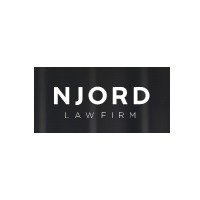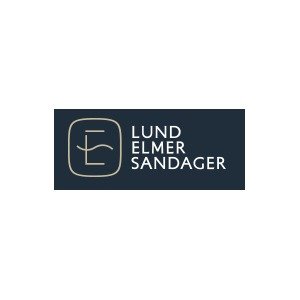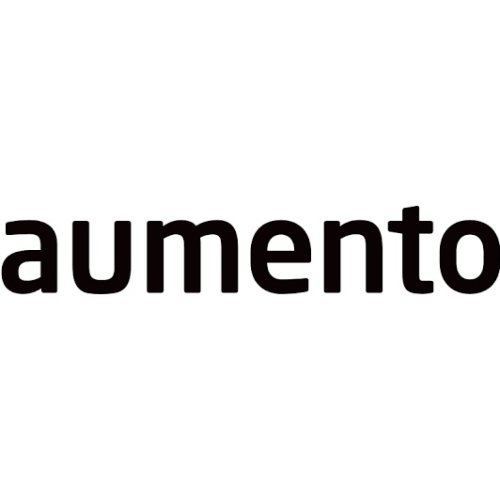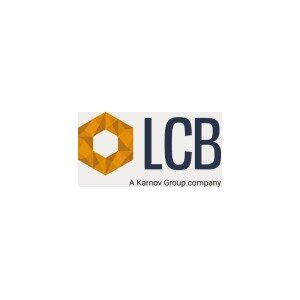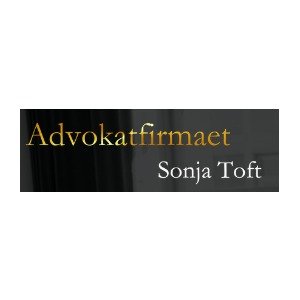Best Tax Increment Financing Lawyers in Copenhagen
Share your needs with us, get contacted by law firms.
Free. Takes 2 min.
List of the best lawyers in Copenhagen, Denmark
About Tax Increment Financing Law in Copenhagen, Denmark
Tax Increment Financing (TIF) is a financial strategy utilized in Copenhagen, Denmark, to support urban development projects by capturing future tax benefits anticipated as a result of the development. It operates by earmarking any increased property tax revenue resulting from a rise in property values due to development activities to finance infrastructure improvements. TIF is crucial for funding public infrastructure improvements in a way that minimizes immediate government spending. In Denmark, TIF is often used in collaboration with public and private sector entities to stimulate economic development and revitalize underdeveloped urban areas.
Why You May Need a Lawyer
Legal advice may be necessary for individuals or companies engaging in Tax Increment Financing due to the complex nature of these financial arrangements. Common situations where legal assistance might be required include negotiating TIF agreements, ensuring compliance with Danish laws and municipal regulations, assessing the feasibility and risks of TIF projects, and resolving any disputes arising from TIF-funded projects. An experienced lawyer can guide you through the regulatory landscape, assist in drafting and reviewing agreements, and provide valuable insights to safeguard your interests in the development process.
Local Laws Overview
In Copenhagen, Tax Increment Financing is governed by both national legislation and local municipal policies. Key legal aspects include the establishment of TIF districts, calculation of the increment, determination of eligible projects, and the limitations on the use of TIF-generated funds. The municipal planning laws play a significant role in determining the areas and types of projects eligible for TIF. It is also crucial to understand the public approval process, as community input and political support are essential for the successful implementation of any TIF initiative. Legal requirements ensure transparency and accountability in the management and application of TIF funds, highlighting the need for legal expertise to navigate these frameworks effectively.
Frequently Asked Questions
What is Tax Increment Financing used for in Copenhagen?
TIF is used to foster urban development, improve infrastructure, and revitalize economically distressed areas by leveraging future tax gains to fund current projects.
Who can use Tax Increment Financing?
Both public entities such as municipal governments and private developers can utilize TIF to undertake qualifying development projects in designated areas.
Is prior approval needed for Tax Increment Financing projects?
Yes, proposed TIF projects typically require approval from municipal authorities and may involve public consultations to ensure community support.
What types of projects can be financed with TIF?
TIF can fund a variety of projects including infrastructure development, public facility improvements, and new commercial or residential developments.
How are TIF districts established?
TIF districts are established by municipal authorities based on criteria such as potential for economic development, existing infrastructure needs, and the likelihood of increased property value.
Are there any risks associated with TIF?
Yes, risks include overestimating the future tax increments, which can lead to insufficient funds for project completion, and potential misalignment with community objectives.
Can TIF be used to finance private projects?
TIF can be used to finance private projects as long as they align with public interest objectives and contribute to community development goals.
Are there limitations on the duration of a TIF district?
Yes, there are typically statutory limits on the duration a TIF district can capture increments, often ranging from 20 to 25 years.
Is public input required for TIF decisions?
Yes, public input is an essential part of the decision-making process for TIF projects to ensure transparency and alignment with community priorities.
How can I determine if my project qualifies for TIF?
Review the local guidelines and consult with municipal authorities or a legal expert specializing in TIF to evaluate if your project meets the necessary criteria.
Additional Resources
For more information and legal assistance, consider consulting the following resources:
- Government Economic Development Agencies
- The Municipality of Copenhagen's Urban Development Office
- Professional Associations of Urban Planners and Economists in Denmark
- Local Planning and Zoning Boards
- Legal Firms Specializing in Real Estate and Urban Development
Next Steps
If you need legal assistance with Tax Increment Financing, the first step is to consult with a legal expert specializing in urban development or real estate law in Copenhagen. They can provide tailored advice, help you understand the implications of the local TIF regulations, and represent your interests in negotiations and project implementation. Contact a well-reviewed legal firm and schedule a consultation to discuss your specific needs and concerns related to TIF projects.
Lawzana helps you find the best lawyers and law firms in Copenhagen through a curated and pre-screened list of qualified legal professionals. Our platform offers rankings and detailed profiles of attorneys and law firms, allowing you to compare based on practice areas, including Tax Increment Financing, experience, and client feedback.
Each profile includes a description of the firm's areas of practice, client reviews, team members and partners, year of establishment, spoken languages, office locations, contact information, social media presence, and any published articles or resources. Most firms on our platform speak English and are experienced in both local and international legal matters.
Get a quote from top-rated law firms in Copenhagen, Denmark — quickly, securely, and without unnecessary hassle.
Disclaimer:
The information provided on this page is for general informational purposes only and does not constitute legal advice. While we strive to ensure the accuracy and relevance of the content, legal information may change over time, and interpretations of the law can vary. You should always consult with a qualified legal professional for advice specific to your situation.
We disclaim all liability for actions taken or not taken based on the content of this page. If you believe any information is incorrect or outdated, please contact us, and we will review and update it where appropriate.



